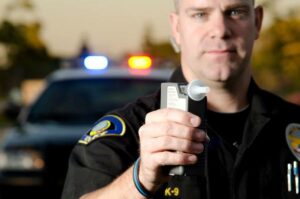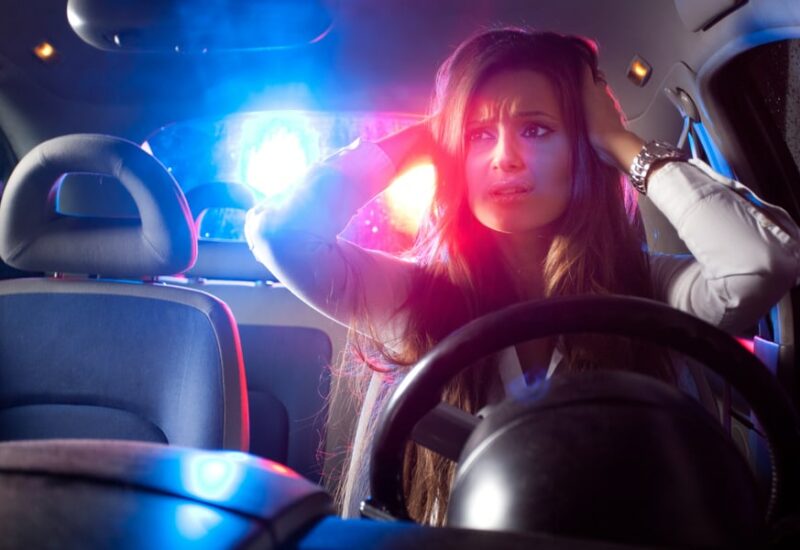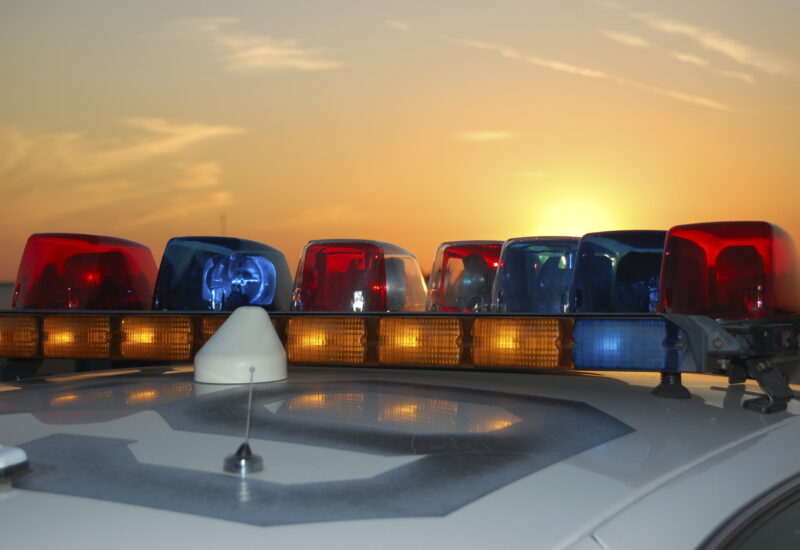
In many states around the United States, “per se” DUI laws establish a legal presumption that a driver was intoxicated if he or she had a blood alcohol concentration (BAC) above a certain limit which in the majority of states is a 08 percent. But, how does law enforcement know that a driver is above the legal limit? In order to establish a DUI suspect’s BAC, police officers will ask a driver to submit to a test of some kind. While a blood test produces the most exact results, police officers regularly use breath analyzers to estimate a suspect’s BAC at the time of driving.
Commonly known as “Breathalyzers,” breath analysis testing devices are a type of instrument which requires the suspect to blow into it. The instrument will register the driver’s BAC level. This type of measurement offers strong evidence concerning a suspect’s BAC, but they are not infallible. Courts regularly accept Breathalyzer evidence as sufficient proof of a defendant’s BAC, but the police department must demonstrate that the testing device in question can produce reliable results. Many DUI defendants have successfully challenged the Breathalyzer evidence brought against them, thus putting a serious dent in the prosecution’s case.
The most frequent challenges to Breathalyzer evidence concern whether or not a testing device was in proper working order at the time of the test. Breathlyzers require regular calibration and maintenance to ensure that they deliver results with a sufficient level of accuracy. An improperly calibrated or poorly maintained machine will produce unreliable results that cannot form the basis of a presumption of intoxication under per se DUI laws.
If a defendant can show that the police department did not follow proper calibration procedures, or that the device in question consistently provided erroneous readings, then a court will likely declare the results of a Breathalyzer test inadmissible as evidence of the defendant’s intoxication.
A skilled defense attorney can subpoena the maintenance and calibration records of the Breathalyzer on which you tested, possibly using them as evidence that the equipment was not properly tuned to deliver entirely reliable test results.
At that point, the burden will shift back to the government to prove the defendant’s intoxication through some other type of evidence such as the odor of alcohol on the suspect’s breath, red or watery eyes, bad driving, poor performance on roadside field sobriety tests or a car accident.
If you or a loved one is in a bind as a result of a criminal charge, immediately contact a Seattle Criminal Attorney. A Criminal lawyer is not going to judge you, and understands that everyone makes mistakes. Hiring a Seattle Criminal Lawyer to help can – at a minimum – reduce penalties, and can help direct people on how to best deal with their criminal charge, and many times even get them dismissed. So it should go without saying that someone cited for a misdemeanor or felony should hire a qualified Seattle Criminal Lawyer as soon as possible. Criminal charges can cause havoc on a person’s personal and professional life. Anyone charged with a crime in Washington State should immediately seek the assistance of a seasoned Seattle Criminal Lawyer. SQ Attorneys can be reached at (425) 359-3791 and/or (206) 441-0900.


